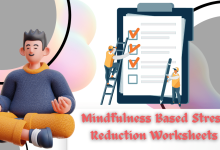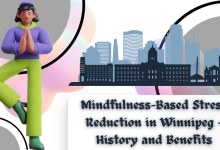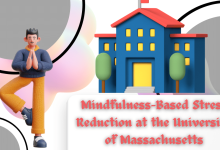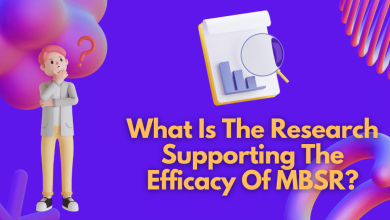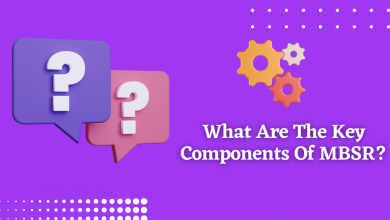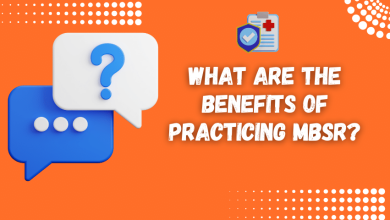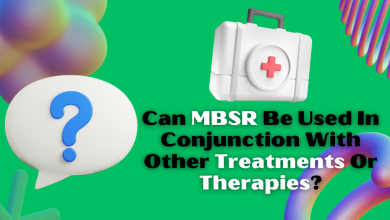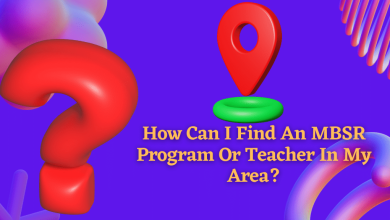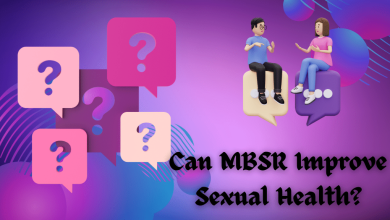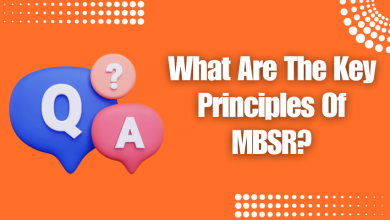Does MBSR Help With Anxiety? Quick Answer
One of the most common questions asked about MBSR is whether it can help with anxiety.
Let’s explore this topic further and provide definite answers to the question.
Overview Of MBSR
MBSR is a program that focuses on the practice of mindfulness, which involves paying attention to the present moment without judgment.
The program includes several different types of meditation practices, including body scans, mindful breathing, and mindful movement.
In addition to meditation, the program also includes group discussions, self-reflection, and gentle yoga.
MBSR and Anxiety
Anxiety is a common mental health issue that affects millions of people worldwide.
While there are many different treatments available for anxiety, MBSR has gained popularity in recent years as a potential treatment option.
But does it actually work?
Research has shown that MBSR can be an effective treatment for anxiety.
For example, a study published in the Journal of Anxiety Disorders found that MBSR was effective in reducing symptoms of anxiety in individuals with a generalized anxiety disorder (GAD).
Another study published in the Journal of Psychiatric Practice found that MBSR was effective in reducing anxiety symptoms in individuals with panic disorder.
The Benefits of MBSR for Anxiety
So, why might MBSR be effective in treating anxiety?
One reason is that the practice of mindfulness can help individuals develop a greater sense of self-awareness, which can help them better understand and manage their thoughts and emotions.
By learning to observe their thoughts and emotions without judgment, individuals can develop greater resilience and coping skills, which can help them better manage anxiety.
In addition, MBSR can help individuals learn to manage their physical symptoms of anxiety.
Many people with anxiety experience physical symptoms such as rapid heartbeat, shortness of breath, and muscle tension.
MBSR techniques such as mindful breathing and progressive muscle relaxation can help individuals learn to relax their bodies and manage these symptoms.
MBSR vs. Other Treatments
While MBSR can be an effective treatment for anxiety, it may not be the best option for everyone.
For example, individuals with severe anxiety may benefit more from cognitive-behavioral therapy (CBT) or medication.
It’s important to work with a mental health professional to determine the best treatment approach for each individual.
It’s also worth noting that MBSR is not a quick fix for anxiety. Like many other treatments, it takes time and consistent practice to see results.
Individuals who are interested in trying MBSR should be prepared to commit to regular practice over a period of several weeks or months.
Conclusion
MBSR can be an effective treatment for anxiety.
By teaching individuals mindfulness techniques, MBSR can help them develop greater self-awareness, resilience, and coping skills, which can all help manage anxiety.
While it may not be the best option for everyone, MBSR is a safe and non-invasive treatment approach that can be a valuable addition to a comprehensive anxiety treatment plan.
